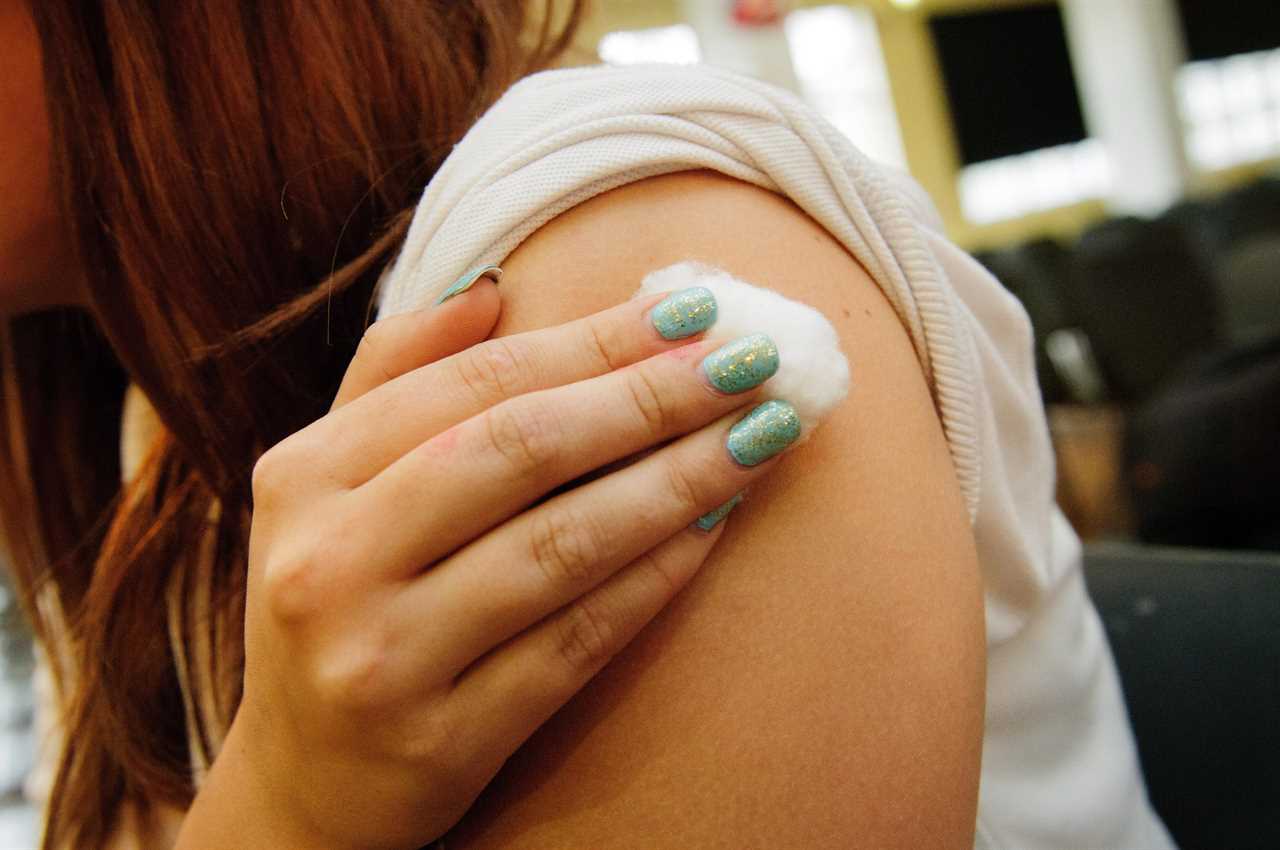
New Initiative to Protect Against 8 Types of Cancer
Starting next week, millions of children in the UK will have the opportunity to receive a vaccine that guards against eight different types of cancer. The human papillomavirus (HPV) vaccine will now be offered to all 12- and 13-year-olds, regardless of gender, in a move aimed at significantly reducing the risk of developing cancer later in life.
Importance of HPV Vaccine in Cancer Prevention
The HPV vaccine has the potential to prevent over 100,000 cases of cancer by the year 2058. With HPV being a sexually transmitted virus that can lead to various forms of cancer, including cervical, throat, neck, head, and others, the vaccine serves as a crucial defense against these life-threatening diseases.
Call for Action from Oracle Head & Neck Cancer UK
Oracle Head & Neck Cancer UK is urging all parents of Year 8 children to consent to the HPV vaccine, emphasizing the significant role it plays in reducing the risk of HPV-related cancers. By simply signing the consent form, parents can help protect their children from the devastating impact of these diseases.
Uptake Challenges and Catch-Up Program
Despite the benefits of the HPV vaccine, there has been a decline in its coverage, with a notable percentage of girls and boys remaining unvaccinated. To address this issue, a free catch-up program is available for girls under 25 and boys born after September 1, 2006, ensuring that individuals who missed the initial vaccination window can still benefit from its protective effects.
Goal to Eradicate Cervical Cancer
NHS England has set a bold target to eliminate cervical cancer by 2040 through the widespread adoption of the HPV vaccine. Recent studies have shown a significant reduction in cervical cancer cases among vaccinated individuals, highlighting the potential to eradicate this disease within our lifetime.
Equal Access to Cancer Prevention
Research has indicated that the HPV vaccine is effective across all socio-economic groups, with a particular impact on preventing cancer cases in more deprived communities. This finding dispels previous concerns about unequal access to vaccination and underscores the importance of ensuring widespread coverage to protect all individuals from HPV-related cancers.






